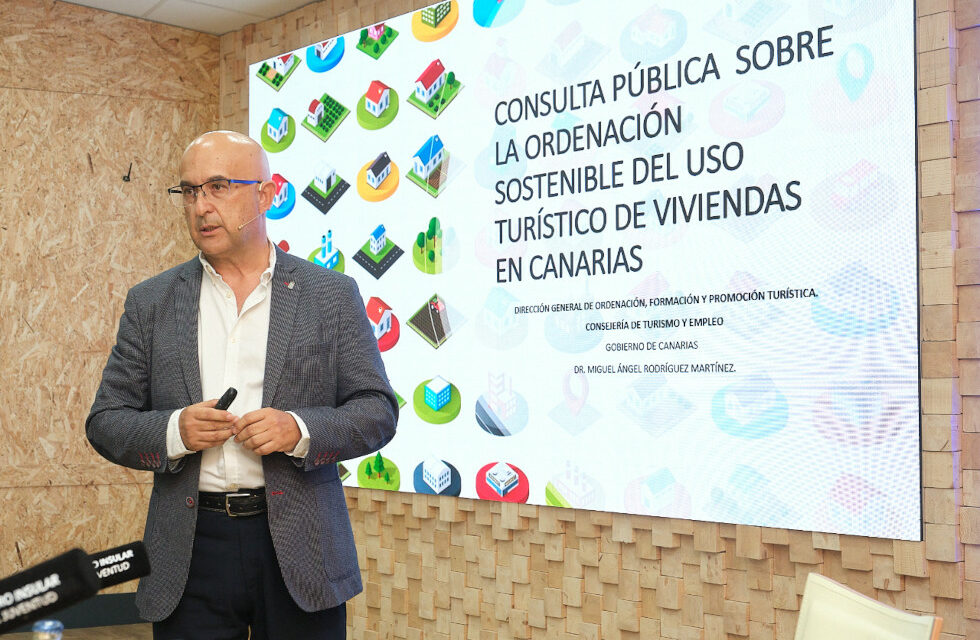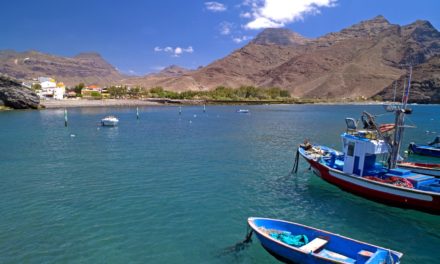Canary Islands – The Canary Islands Regional Government is taking a proactive stance to regulate the burgeoning vacation home sector, with a new law expected to be introduced in the summer of 2024. The legislation will aim to curtail the rapid growth of vacation rentals, a trend that has consumed 35% of the lodgings market in the region. The law will ultimately grant local municipalities discretion to make the final decisions regarding the regulation of these properties.
The general director of Tourism Planning has commented that in the Canary Islands there are 197,000 holiday housing places and now it is about seeing how this situation fits in with the right to have decent and adequate housing at affordable prices, the right to quality of life.
It also has to fit with the preservation of historical heritage, as well as with the commitment to decarbonization and sustainable mobility.
Rodríguez has emphasized the need for a comprehensive approach to regulate the sector, considering both quantitative and qualitative aspects. The coming legal framework is expected to address these issues from a 360-degree perspective, aligning with the region’s broader tourism strategy that prioritizes high-value-added tourist products. These products are expected to generate more employment, fiscal revenue, and better environmental preservation, contributing to the socio-cultural, economic, and environmental sustainability of the region.
 In contrast, Alejandro Marichal, Deputy Mayor of San Bartolomé de Tirajana, has expressed a rather different view. While acknowledging the absence of a detailed draft of the proposed law, Marichal defended the vacation home model, arguing that it does not harm traditional lodging establishments, allows families to benefit from the tourism model, and positively impacts non-lodging services like restaurants.
In contrast, Alejandro Marichal, Deputy Mayor of San Bartolomé de Tirajana, has expressed a rather different view. While acknowledging the absence of a detailed draft of the proposed law, Marichal defended the vacation home model, arguing that it does not harm traditional lodging establishments, allows families to benefit from the tourism model, and positively impacts non-lodging services like restaurants.
The debate on vacation homes in the Canary Islands reflects the complex challenges of balancing tourism growth with sustainable development and residents’ quality of life. With the new law, the Canary Islands Government will aim to create a more sustainable and equitable tourism model that benefits both the local population and visitors, while preserving the unique character and environment of the region.










